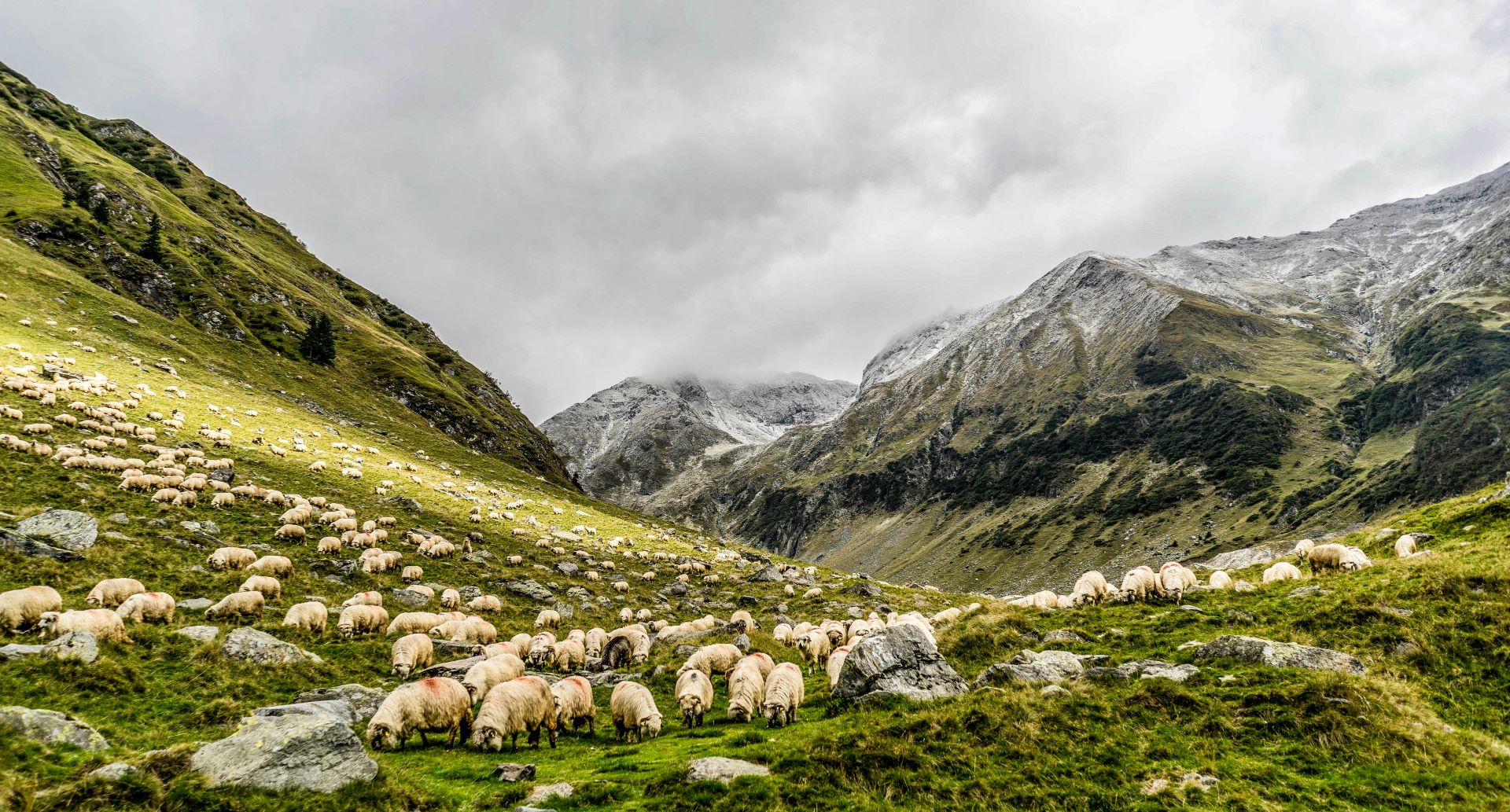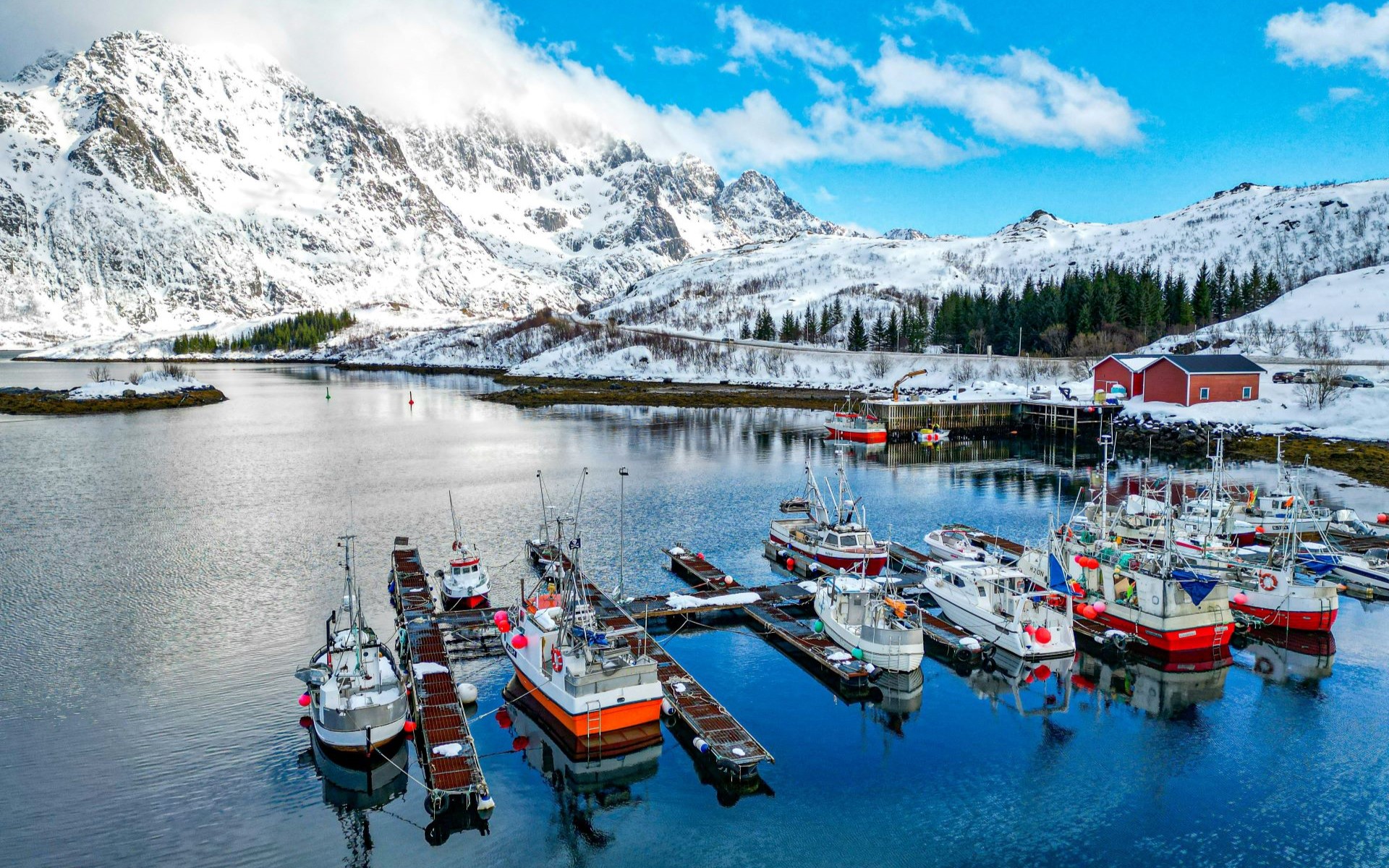Fighting Ecofascism in Natural Resource Policy
Destroying the myth of the Tragedy of the Commons
We are familiar with the opposing duality of civilization and wilderness. There is safety in here and mystery out there. It is easy to cut off, to categorize, to separate, to place into boxes, to close the lid and discard something without understanding what lies inside. Dissection of society and the environment go hand in hand, and narratives on the unknown can reimagine it as evil. Capitalizing on fear, ecofascism rears its ugly head in the environmentalist mainstream, seen in the assumption of truth in “The Tragedy of the Commons”, a powerful parable about human impact on the environment, with dangerous consequences.
The thought exercise was published in Science Magazine in 1968 and since then has become one of the most cited scientific essays of all time, deeply influential in environmental governance and the dominant outlook in natural resource policy.

Reading the text, you are invited to conjure up a field belonging to many herdsmen, each with the individual goal to “maximize his gain” and raise as many sheep as possible. Since each herdsman in the commons does this, it results in an overgrazed meadow. The environment is ruined. The crux of the argument is that when numerous people use a natural resource, it will quickly be depleted, harming everyone involved.
The main takeaway of the myth is generally that collectively shared natural resources will only result in environmental degradation. The article concludes that “the tragedy of the commons…is averted by private property.” The argument is simple and effective. Over time, this model has been applied to situations as diverse as overfishing, mining, poaching, and floating debris in outer space. It is still cited, quoted, and taught in schools, considered a fundamental text for understanding environmentalism.
However, the essay was originally written by American biology professor Garret Hardin to warn about overpopulation. More specifically, what he perceived as the “overbreeding” of hinted-at “undesirable” class and racial groups. Xiaowei Wang writes in Blockchain Chicken Farm, “His scientific ideas stemmed from his racist, eugenicist beliefs as a white nationalist, and many of the groups he saw as unable to manage shared resources were in non-Western countries.”
The tragedy is painted as an inevitable outcome.
Hardin’s line of thought aligns with ecofascism, an ideology born from romantic naturalism and nationalism, described by the European Commission as “the weaponization of climate change by far right populist political parties and white supremacist groups.” It is extreme and fringe until you remember how popular the ‘the Earth is healing’ or ‘we are the virus’ social media posts were that went around after Covid-19 lockdown measures. Coating extremism in a more palatable environmentalism promotes and normalizes their more subtle and more violent ideas; that humans are inherently greedy, that immigration will ruin society, that the only way to protect the environment is to keep so-called ‘bad people’ out.
On a brighter note, for as long as the “Tragedy” has been around, there have been critics fighting its ideas. Dissenters argue that it is ahistorical, as the conditions of commons in England, the presumed setting of the “Tragedy”, there were never the right to unlimited grazing awarded to peasants, or “commoners”, especially not with policies of enclosure enforced by the authorities from the 12th century onwards.
Others criticize its tunnel vision insight on resource use. Geographer David Harvey points out in the Radical History Review, “Why do we not focus in Hardin’s metaphor on the individual ownership rather than on the pasture as a common?” He argues that the myth narrows thinking, polarizes thought, and confuses open access and common property resources, conflating them and failing to make any true principled point on the ecological matter at heart, only serving to further acceptance of private ownership of natural resources.

Evidence to the contrary, that humans can and often do share natural resources in a sustainable way, has been most succinctly summarized by Dr Elinor Ostrom, who was the first woman to win the Nobel Prize in Economics for her work. In her research on the governance of the commons, she draws on studies of irrigation systems in Spain and Nepal, mountainous village communities in Switzerland and Japan, and fisheries in Maine and Indonesia, with the involved resources sharing on a scale of up to fifteen thousand users. Ostrom believed that “if the herders decide to cooperate with one another…they can avoid the tragedy.”
One of the worst things about the “Tragedy of the Commons”, and what makes it so dangerous, is how it destroys hope. The tragedy is painted as an inevitable outcome. When policymakers and academics look at the world with this understanding, they see the cycle of exploitation, abuse, and neglect of natural resources as impossible to break out of.
It is easy to give up, but living among others, human and non-human, and sharing natural resources, is not a situation of empty victimhood, but one of abundant opportunity. Only with this mindset can ecofascist thought finally be shed, implicit white supremacy combatted, and a better, more generous world take shape.